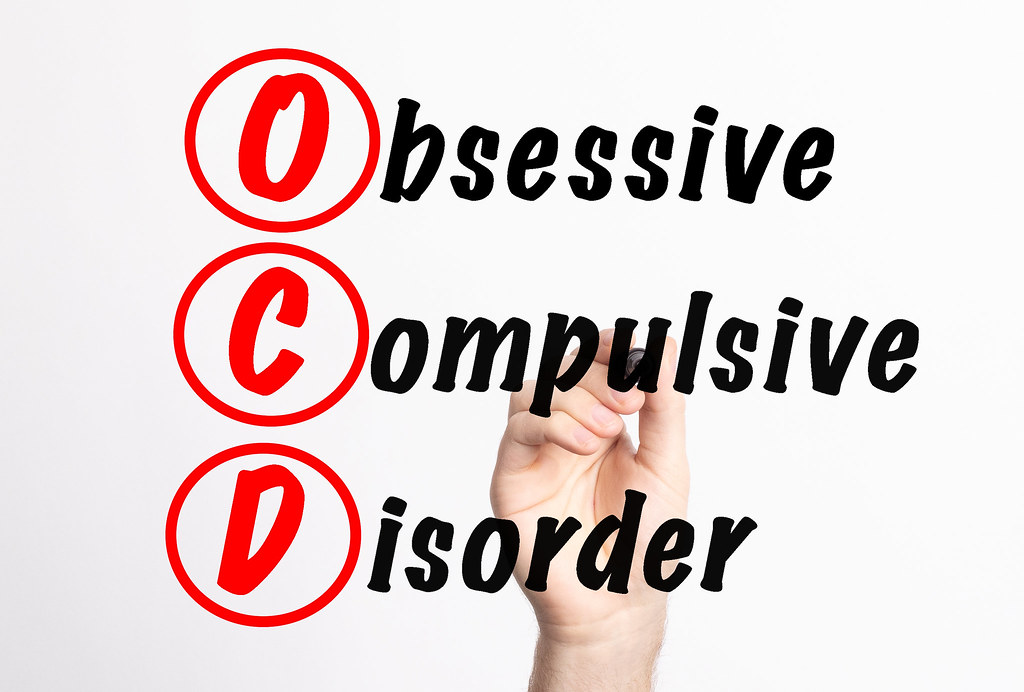
How To Rediscover Your Libido
A healthy libido is about more than desire. It’s about experiencing pleasure that’s essential to our minds, bodies and spirits. And in the face of stress, it often goes into hiding. Go to a movie or flip on the television and it’s easy to think that everyone but you has a libido in overdrive. But in the real world, our lives aren’t often very sex-friendly. Most adults are besieged by stress, work and myriad opportunities for instant gratification — none of which lend themselves to long, leisurely hours of lovemaking.
As we age, however, we confront the unceasing demands of work, family, and a relationship, and it can be difficult to find the freedom and the energy that once fueled our desire. Most of the patients who visit therapists with concerns about libido issues are women who range in age from their 30s to their 60s. And, in general, they are simply too wiped out by life’s burdens to even think about, much less feel, their sexual and sensual desires.
This is unfortunate because revving up your libido isn’t just about sex. Yes, libido is about sexual desire, but it’s also about vitality, life force, and energy that are critical to your overall health and well-being — whether you are 35 or 55 or even 75.
A healthy libido has huge implications, both on a physical level (it helps decrease blood pressure, support a healthier immune system, increase dopamine levels, etc.) and on an emotional level (it instills a sense of empowered calm and a feeling of spark, and it promotes connection and intimacy in relationships, etc.). Cultivating a healthy sex drive — just like following a nutritious diet or a strenuous workout — takes some focused effort. But the payoff extends far beyond the bedroom.
No matter where you are in a relationship, giving yourself permission to be a vital, sensual, fully engaged person is a great way to feel in the prime of life at any time of life. Sound good? Here are some tips to get you started:

Look Into Physical Issues
Many of the causes of impaired libido are physical. Hormonal imbalance, for example, is a major reason why our sexual desire flags. Because so many of us these days are stressed out and exhausted, we produce a great deal of the stress hormone cortisol, enough that it can throw our sex hormones totally out of whack.
That’s why the more stressed out you are, the more important it becomes to support your body’s overall health with fulfilling activity, nutritious food and calming meditation. This will help you sustain the basic stamina necessary both to experience sexual desire and to be sexually active.
It’s important to remember, however, that it’s never just about the physical. Cultivating your libido is like conducting an orchestra — a whole array of interconnected parts have to be working together. And, although we’ve been trained to associate sex with purely physical concerns, the more intangible parts of the sexual equation — your psychological and emotional sexual states — also deserve your attention.
Make the Mind-Body Link
Learning to love yourself unconditionally is central to rekindling desire, and loving your body starts in your own head and heart. When it comes to sexual arousal and desire, the mind, and specifically the limbic system (which has been described as the emotional seat of the brain), is the single most influential organ, the one that can spark desire long before any of our body parts touch. In effect, desire begins with, and is kindled by, our state of mind. How many times have you met someone who on the surface isn’t conventionally attractive, but whose personality makes him or her irresistible? This attractiveness is often rooted in a strong sense of self-confidence and self-respect.
It may sound like a cliché — you have to love yourself before someone else can — but so many people, especially women, have trouble understanding this essential truth, and as a result, they have a great deal of difficulty connecting with themselves in a loving way.
Because desire is a function of how desirable you feel, you may need to redirect your mind each time the negativity script starts to play. It may not be easy to shift to a place where you can hear and accept compliments and affirmations from yourself and others. Any woman who has struggled with her self-esteem and appearance can tell you that.
In order to rekindle your desire, you must claim it in your own mind. So grant yourself permission to be a creative, fully expressed sexual creature and recognize how truly unique and desirable you are.

De-Stress to Rekindle
Remember as a teenager, lying around, listening to music or mooning over the local heartthrob and writing in your diary? What may in retrospect seem like a frivolous waste of time served a useful purpose. It gave you a chance to tune in to your fantasy world, to learn what you liked. It helped to prime your psyche to accept love and passion when they happened along.
One sure way to bring sexual excitement back into your life is to allow time for it. This is so much easier if you can reduce your stress levels. How many people find their sexual desire increases when they go away on vacation? It’s no mystery; it’s about giving your body, mind and spirit the room to relax and have fun.
You may need to establish better boundaries — to change your routine and include some uninterrupted downtime — to help rekindle your sexual nature. No matter how old you are, your desire will always be connected to that teenager daydreaming in bed. All you need to bloom is support, time and, of course, the right partner.
Embrace Sensuality — Not Sexuality
Learning how to be in your body in a very sensual way leads to empowerment. It’s not about “I want to turn somebody on.” It’s about “I’m feeling tuned in to my body and I’m wanting to do and enjoy things that make me feel sexy just for me.” Those things might include wearing a certain lotion, scent or lingerie; lighting candles; bathing; listening to music; reading erotica; engaging in self-stimulation; literally, whatever turns you on. The point is, you decide — not someone else.
Also, on a physical level, keep in mind that, if you are involved in a long-term relationship, you may both be habituated to a kind of timing or foreplay — or lack thereof — that is no longer stimulating for one or both of you. So try to do some exploring together to find out what needs to change. If this seems too daunting, it may help to consult with a certified sex therapist or another counselor.
You May Also Like

Treating OCD With Exposure Therapy
2021-08-26
6 Signs that You or Someone You Know Needs Anger Management Counselling
2023-04-03


One Comment
Pingback: